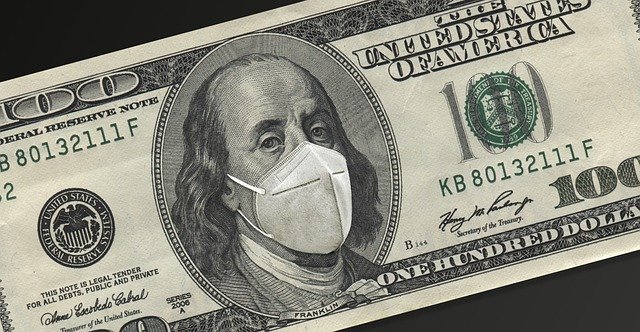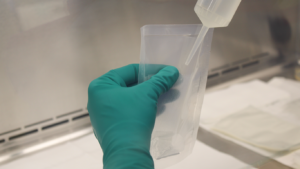Last year was monumental to say the least. Life as we once knew it became a thing of the past, for individuals and businesses alike. As countless businesses struggled to adjust to the unforeseen challenges presented by the pandemic, the Paycheck Protection Program (PPP), part of the CARES Act, was a lifeline for many.

The PPP loan program was intended to help small businesses, although numerous large businesses also benefited. According to the Small Business Administration, over five million PPP loans were approved, the majority of which went to small businesses. Ninety-two percent of the loans given out were $250,000 or less and 87% were under $150,000. The average loan size was $100,729.
Many businesses needed the money to keep employees working and to pay for everyday expenses to keep the business open. Business owners were told that the loan would also be “forgiven” as long as the money was spent on payroll (60% requirement), mortgage interest, utilities and rent during the eight or 24-week period after disbursement. While the rules for how to use the PPP loan funds were fairly straightforward, the tax effects remained murky. For months the IRS has taken the position that the expenses paid with PPP loans which were forgiven would not be deductible on the business’s tax return. With bated breath, the nation awaited Congressional relief with respect to COVID-19. Relief came through at the last minute, including a provision that expenses paid with PPP will be deductible. Congress also reiterated that any forgiven PPP loans will not be includible in the business’s income.
Here are six things you should know about PPP loans and your taxes:
You Can Deduct Expenses Paid for with the Loan Proceeds: Payroll, mortgage interest, rent and utility expenses are all forgivable uses of the loan and Congress has superseded the IRS’s guidance in Notice 2020-32 disallowing such expenses. Not only are these expenses deductible, but Congress has broadened the categories of expenses that may be paid for with PPP funds to include: software, cloud services, accounting, human resources, property damage due to civil unrest, personal protective equipment, and supplier costs ordered or contracted for prior to loan approval.
You Do Not Have to Include Forgiven PPP Funds in Income: While loan proceeds forgiven by the lender are generally includible in income, PPP loan forgiveness is an exception to the general rule. Businesses do not have to include the debt forgiveness in their income.
You Can Take Advantage of the Families First Coronavirus Response Act (FFCRA): The FFCRA requires some employers to provide employees with paid leave for reasons related to COVID-19. However, businesses can still take advantage of the FFCRA tax credits in addition to utilizing the PPP loan.
You Can Defer Payroll Taxes: Under the CARES Act, employers may elect to defer payroll taxes from March 27 through December 31, 2020. Fifty percent of the deferred taxes accumulated in 2020 must be paid by December 31, 2021 and the remainder must be paid by December 31, 2022.
You Cannot Use PPP Money to Pay for Business Taxes: As mentioned above, the PPP loan may only be used for certain identified categories of expenses. You cannot use the loan proceeds to pay income, sales, or other tax liabilities.
You Can File an Amended Tax Return: If you applied for forgiveness but have not received a decision from the IRS at the time of tax return filing and you later learn that you will not receive full or partial forgiveness, you may make the related adjustments by filing an amended return.
Taxes are daunting even without COVID-19 and PPP loans to worry about. Add in conflicting guidance by multiple government agencies and it is understandable that a small business owner may feel overwhelmed. Fortunately, Congress enacted favorable provisions applicable to PPP funds and provided certainty to small businesses awaiting answers before year’s end. If you need further guidance, the tax lawyers at The Cavanagh Law Firm are always available to answer any questions.
Giselle Alexander is an Arizona Certified Tax Law Specialist, a CPA, and holds a Masters in Law in Taxation. Giselle represents clients at all states of the tax controversy process and is one of only a few tax attorneys in the U.S. with experience in trying 831(b) micro captive insurance cases before the U.S. Tax Court.




